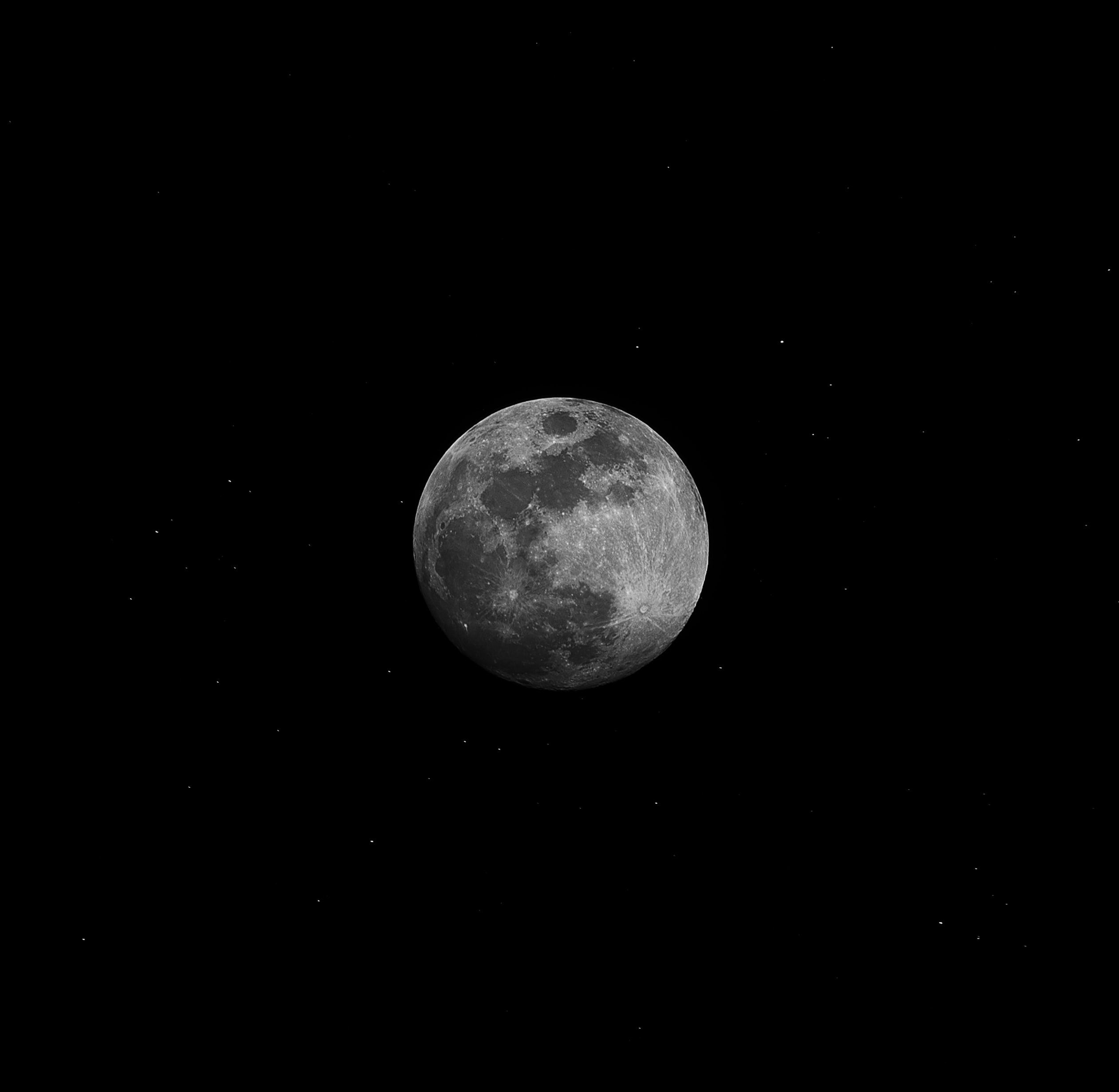What Does Reiki Mean in English?
Reiki, pronounced as “ray-key,” is a Japanese healing practice that has gained popularity around the world. The word “Reiki” is derived from two Japanese kanji characters:
| Kanji | Pronunciation | Meaning |
|---|---|---|
| 霊 | Rei | Spiritual, Sacred, Divine |
| 気 | Ki | Life Force Energy |
When combined, these kanji characters give rise to the term “Reiki,” which can be translated to mean “spiritual life force energy.” The practice of Reiki involves harnessing and channeling this universal life force energy for healing purposes.
The Philosophy behind Reiki
Reiki is rooted in the belief that all living beings possess a life force energy that flows through their bodies and is responsible for their well-being. This life force energy is referred to as “Ki” in Japanese, “Chi” in Chinese, and “Prana” in Sanskrit. It is understood that when this energy becomes low or blocked, it can lead to physical, emotional, or mental imbalances.
Reiki practitioners believe that by connecting to the universal life force energy, they can facilitate the flow of energy in their own bodies and direct it to others through their hands. This energy is said to promote relaxation, reduce stress, and support the body’s natural healing processes.
Reiki as a Holistic Healing Approach
Reiki is not limited to addressing physical ailments but considers the individual as a whole, encompassing the physical, emotional, mental, and spiritual aspects of well-being. It is often referred to as a holistic healing practice due to its comprehensive approach.
During a Reiki session, the recipient remains fully clothed and lies down while the practitioner places their hands gently in various positions over different parts of the recipient’s body. The energy is believed to flow through the practitioner’s hands, entering the recipient’s body and addressing the areas that require healing.
Many individuals describe the experience of receiving Reiki as deeply relaxing, nurturing, and rejuvenating. The energy is said to work on multiple levels, promoting balance and harmony within the body and supporting the healing of physical ailments, emotional wounds, and spiritual blockages.
The Benefits of Reiki
Reiki is often sought out for its potential benefits, which may include:
- Promoting Relaxation: The gentle touch and transfer of healing energy during a Reiki session can induce a profound state of relaxation, reducing stress, tension, and anxiety.
- Accelerating Healing: Reiki is believed to support the body’s natural healing processes, potentially accelerating recovery from physical injuries or illnesses.
- Reducing Pain: Some individuals report a reduction in pain levels after receiving Reiki, finding relief from chronic pain conditions.
- Supporting Emotional Well-being: Reiki can be beneficial for emotional healing, helping individuals release emotional blockages, find peace, and gain clarity.
- Increasing Energy Levels: The flow of life force energy through the body during Reiki is said to enhance vitality, boost energy levels, and improve overall well-being.
- Enhancing Spiritual Connection: Reiki is considered a spiritual practice, and many find that it deepens their connection to their spiritual selves, fostering a sense of inner peace.
Learning and Practicing Reiki
Reiki is not limited to professional practitioners. It is a healing practice that can be learned and practiced by anyone interested in tapping into the universal life force energy.
There are different levels or degrees of Reiki, each incorporating specific attunements and teachings. Reiki Level 1 typically focuses on self-healing and learning the basics of Reiki, while subsequent levels introduce more advanced techniques and provide the ability to offer healing to others.
To become a Reiki practitioner, one must receive attunements from a Reiki master. Attunements are energetic initiations that enable individuals to connect more deeply with the universal life force energy and facilitate healing.
Reiki can be practiced on oneself for self-care or offered to others in a professional capacity. It is important to note that Reiki should not be used as a substitute for professional medical treatment, but rather as a complementary approach to support overall well-being.
Conclusion
Reiki, a Japanese healing practice rooted in the concept of spiritual life force energy, has gained widespread recognition for its potential benefits. By channeling this universal energy and directing it through the hands, Reiki practitioners aim to promote relaxation, healing, and overall well-being. Whether used for self-care or applied professionally, Reiki offers a holistic approach that considers the physical, emotional, mental, and spiritual aspects of an individual’s health. As an accessible and learnable practice, Reiki continues to provide individuals with a means of connecting with the universal life force energy and experiencing its potential healing effects.
Table of Contents
